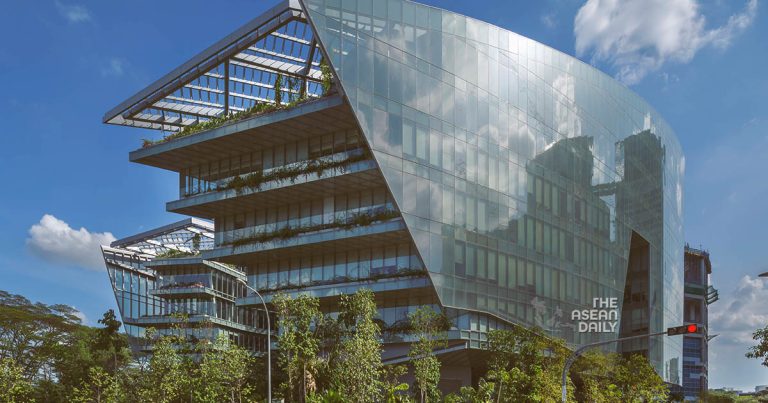28-8-2023 (SINGAPORE) Lucasfilm’s Singapore studio is the latest casualty in a series of challenges that have plagued the visual effects (VFX) industry for years. The COVID-19 pandemic and ongoing strikes have further exacerbated the situation, leading to the indefinite shutdown of film and television production worldwide. Industry veterans in Singapore attribute the closure of Lucasfilm’s parent company Disney’s VFX and animation studio, Industrial Light & Magic (ILM), to economic factors affecting the industry. With over 300 employees in Singapore, the closure has come as a shock to many.
One employee, who relocated to Singapore to work at ILM over a year ago, expressed surprise at the closure, stating that nobody saw it coming despite the industry’s recent difficulties. The sudden announcement has left employees feeling uncertain about their future, with families affected and individuals facing challenges such as finding alternative housing options. The employee mentioned that work had slowed down significantly in recent months due to the ongoing Screen Actors Guild strike in the United States, which calls for higher pay and limitations on the use of artificial intelligence. This strike, combined with a writers’ strike, has further destabilized the industry.
The closure of ILM’s Singapore studio is not an isolated incident. The employee cited the closure of Double Negative’s Singapore production facility in 2016 after seven years as another example. Double Negative subsequently established a new studio in Mumbai, India. The employee also revealed that the news of the closure was delivered by management during a meeting on August 15, with Lucasfilm making a public announcement an hour later. While work will continue until the end of the year, further meetings will be held to discuss severance packages and next steps for the affected employees.
Disney has expressed its willingness to offer relocation opportunities to employees in one of its growing studios. Lucasfilm and relevant government agencies are also assisting affected employees in finding roles in other companies. Apart from Singapore and its San Francisco headquarters, ILM operates studios in Vancouver, London, Sydney, and Mumbai.
The film VFX industry is described as highly competitive, with high costs associated with creating complex visual effects for blockbuster films. The recent inflationary environment has added to the challenges faced by VFX studios. The industry is labor-intensive and requires specialized skill sets, making strikes and work stoppages even more detrimental. The ongoing Screen Actors Guild strike, which started in mid-July and has paralyzed major projects like Deadpool 3, is the first labor dispute of its kind in the United States since 1980. These challenges, along with emerging technologies such as virtual reality and artificial intelligence, have reshaped the production and consumption of content.
The demand for VFX workers has increased due to the rise of streaming services and VFX-heavy blockbusters. However, studios often face time and resource constraints, resulting in unfinished work before a film’s release. As a result, many VFX studios have faced bankruptcy in recent years, with brutal deadlines, slashed budgets, mass layoffs, and industry-wide burnout becoming commonplace. The growth of generative AI technologies has also raised questions about the future of VFX and animation in terms of employment and required skills.
Despite these challenges, VFX professionals who are open to travel or relocation are likely to find job opportunities abroad, as there will always be feature films requiring their expertise. Remote work arrangements have also been successful for many studios. VFX professionals can also apply their skills in other industries such as advertising, motion design, and games.
Experts emphasize the importance of continuous learning and skills upgrading for those in artistic or creative industries like VFX. The ability to adapt and learn new skills enhances employability and job prospects. Professionals should focus on building portfolios, networking, and maintaining visibility through competitions, events, and social media engagement. Changes in the industry landscape can also create opportunities for entrepreneurial individuals to start innovative services or businesses.
Educational institutions offering VFX courses need to prepare students for future industry shifts. The curriculum should be refined to ensure that VFX remains relevant, aligning with changing needs and trends. Despite the closure of Lucasfilm’s Singapore studio, industry experts believe that talented individuals will still find employment opportunities in the VFX industry, both locally and overseas.




